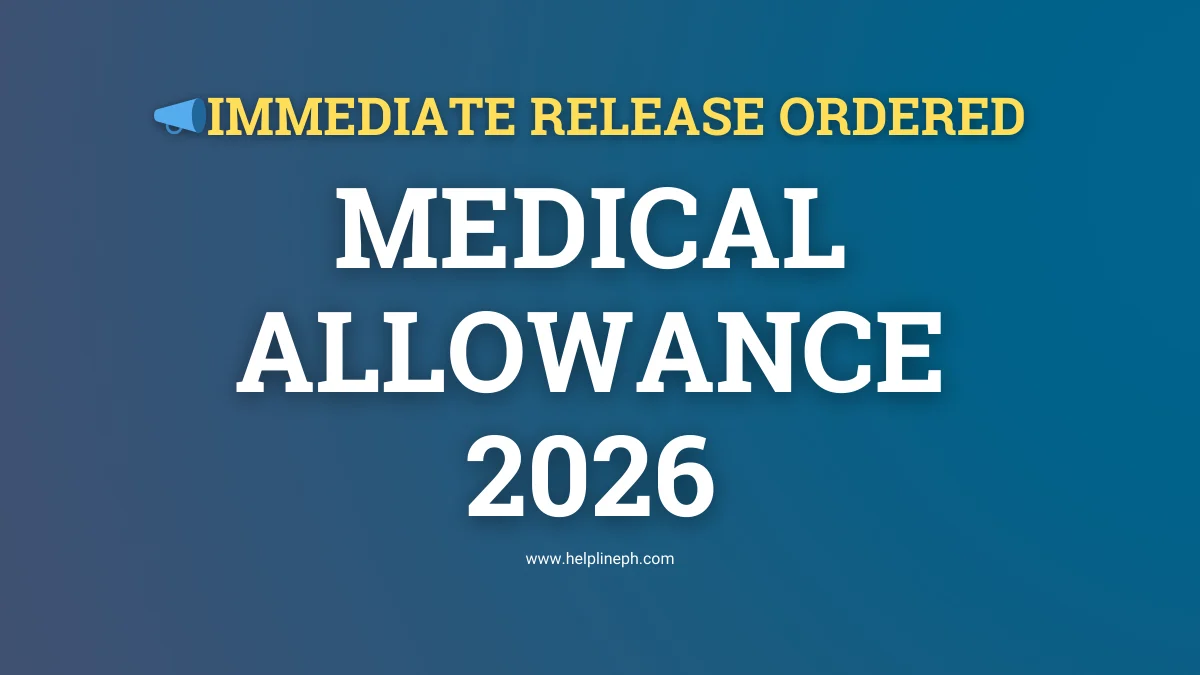Qualifications and Requirements
President Rodrigo Duterte approves a law that grants a scholarship and return service program for medical students.
The “Doktor Para sa Bayan Act” will help “deserving” students pursue medical education and training. They will “eventually render services in government hospitals in their hometown or in any municipality in their home province or in any underserved municipality,” Duterte said.
“Qualified applicants from municipalities without government physicians shall be prioritized in the allocation of scholarship slots to ensure the assignment of at least one doctor for every municipality in the country,” Duterte added.
The medical scholarship and return service program in state universities and colleges or partner private higher education institutions shall cover the following, the President said.
- Free tuition and other school fees
- Allowance for prescribed books, supplies and equipment
- Clothing or uniform allowance
- Allowance for dormitory or boarding house accomodation
- Transportation allowance
- Internship fees
- Medical board review fees
- Licensure fees
- Annual medical insurance
- Other education-related miscellaneous subsistence or living expenses
Read the qualification and requirements below for your reference.
To be qualified, a student must be/have:
- a Filipino citizen living in the Philippines
- a graduating student or a graduate of an appropriate undergraduate program identified as a prerequisite for medicine degree from any higher educational institution recognized by the Commission on Higher Education (CHED)
- passed the entrance examinations and complied with other requirements for admission into a medicine degree
- obtained a National Medical Admission test score mandated by CHED and required by the educational institution where the student intends to enroll in
A student will lose the scholarship if he/she:
- accepts another scholarship from other government or private entity
- fails to meet the academic requirements or to complete the course within the period prescribed by the school he is enrolled in without valid cause
- fails to obtain a passing grade in the physician licensure examination within five years from the time he has completed the mandatory internship program
- commits gross misconduct
After passing the physician licensure examination and the conferment of the license to practice, the scholar will become part of the public health and medical service system. The scholar will be required to:
- serve in a government public health office, government hospital, or any accredited government health facility in his hometown or in any underserved municipality closest to his hometown for at least one year for every scholarship year availed of
- render the mandatory return service within six years from the time of passing the licensure examination for those who have availed of a four-year program and seven years for those who have availed of a five-year program.
In times of pandemic or public health emergency, the health department may require the scholars to serve in any public health office or a government hospital where their services may be needed.
A physician who has availed of the program but fails or refuses to comply with the mandatory return service and integration will be required to pay two times the full cost of scholarship. If a physician does not pay the costs, his license would not be renewed but the provision does not apply to those who failed to comply with the required return service because of a serious illness.





